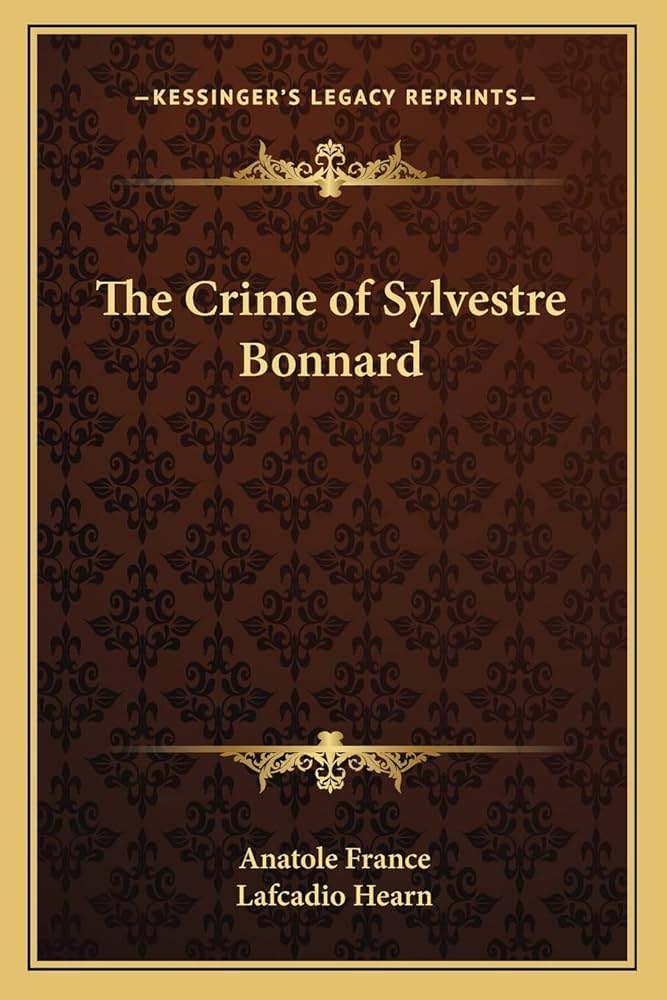Part I — The Log
byPart I – The Log begins with the overwhelming revelation that Madame Trepof, so poised and refined, had once been the wife of an obscure Sicilian peddler. This discovery shocks the narrator, not because such transformations are impossible, but because the motive behind her action feels too pure to be believable. That this woman, having overheard him speak with deep longing about an ancient manuscript, should later gift him the very treasure he had dreamed of, stretches his sense of reason. He had prided himself on being a rational man, yet the truth had quietly unfolded around him without his noticing. There is a certain humility in realizing that life’s most meaningful surprises often arrive cloaked in improbability. And yet, this unlikely truth—the transformation of a simple woman into a benefactor of rare knowledge—becomes the foundation of one of the most beautiful gestures he has ever received.
With a heart full of reverence, he undertakes the task of editing and publishing the ancient “Golden Legend.” This is no ordinary project. It demands not just scholarly rigor but emotional commitment. The manuscript, steeped in centuries-old stories and religious lore, is treated not merely as a text but as a vessel of legacy. The work draws from him every ounce of intellectual discipline and gratitude he possesses. Each paragraph revised, each footnote annotated, becomes a labor of love. It is as if the pages themselves hold the presence of the woman who inspired their revival—someone whose story has now merged with the manuscript’s own long journey through time.
As he completes the final sentence, there’s no boastful pride, only quiet fulfillment. The work is received with respect by academic circles, but its deeper reward lies beyond reputation. For him, this publication is more than a scholarly achievement; it is a tribute to a woman whose inner light shone beneath her social mask. He calls her Jeanne Alexandre Coccoz, not to diminish her title as Princess Trepof, but to acknowledge the real person behind the elegant facade. That name, humble and rooted, speaks more clearly to the generosity and insight that changed the course of his later years. In giving him back his dream, she left behind a story of human connection stronger than any professional accolade.
What strikes him most, as his own life nears its end, is not how much he achieved but what was given to him without expectation. The memory of Madame Trepof becomes a symbol of unexpected grace—an encounter that turned into a defining moment. He visualizes her beneath Sicilian skies, her laughter as vivid as the day he first heard it. The scent of violets lingers in his memory, a final, fragrant bookmark on a chapter that defies logic yet feels perfectly complete. In those golden Sicilian days that now belong to the past, something eternal was created—not just a book, but a bond rooted in kindness, scholarship, and the mysterious power of fate.
Her act reminds readers that history is not just shaped by grand events, but also by intimate gestures. Sometimes, a single decision made in silence changes the course of someone else’s journey. Gratitude, when it is paired with action, can birth legacies that far outlast the individuals involved. The publication of the “Golden Legend” now stands not only as a scholarly contribution but also as a monument to human generosity. Stories, like people, are sometimes rescued by the least expected hands. And in this case, it was not a historian or a noble patron, but a woman with a past as textured and mysterious as the manuscript itself.
His final thoughts hold no bitterness for time’s passage. Instead, there is peace—a serenity shaped by having witnessed something rare and beautiful unfold before his eyes. He did not just recover a manuscript; he discovered a hidden current of goodness running beneath the surface of everyday life. In writing, he preserved both a work of great historical value and the essence of a stranger who gave it back to him, asking nothing in return. That story, now bound in ink and memory, feels more real than most of the predictable certainties he had once clung to. And so, with the “Golden Legend” complete and the story of Jeanne Alexandre Coccoz written into his heart, he finds himself at rest—not in the quiet of solitude, but in the afterglow of a life unexpectedly touched by wonder.


